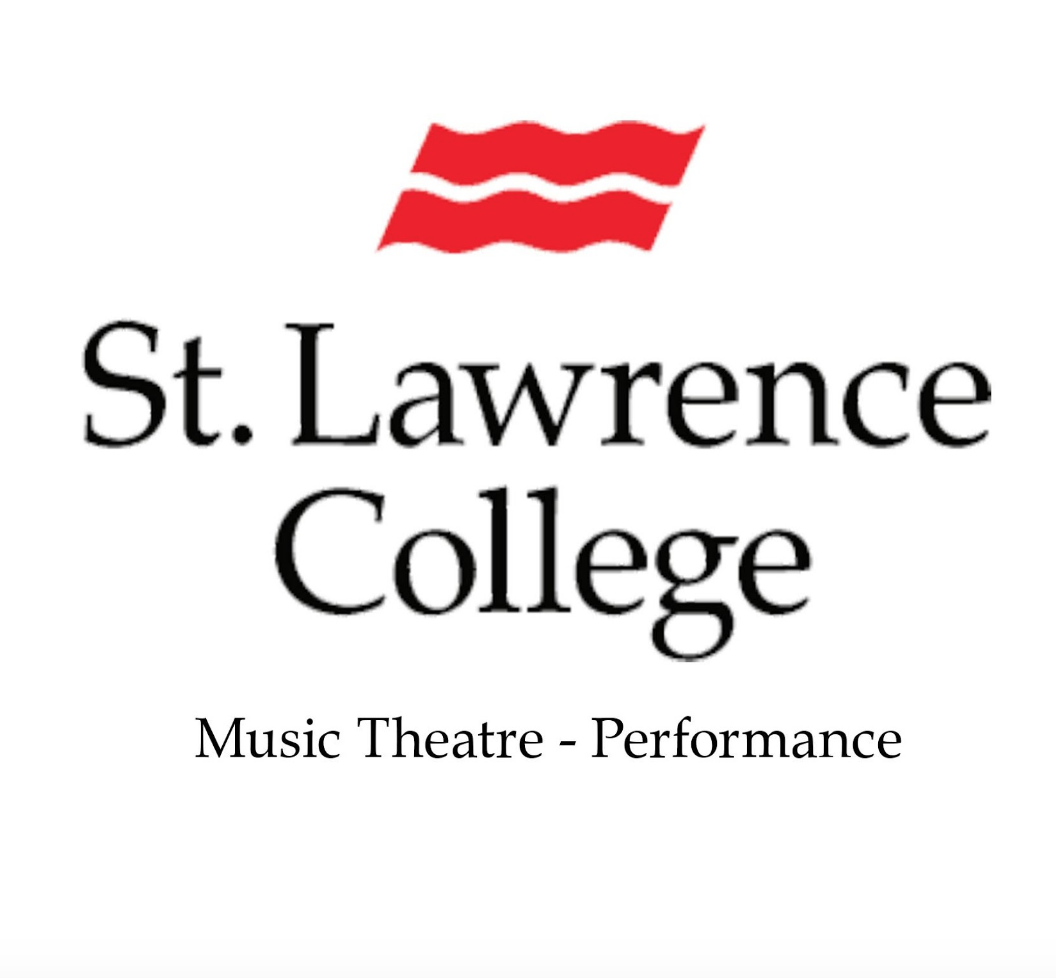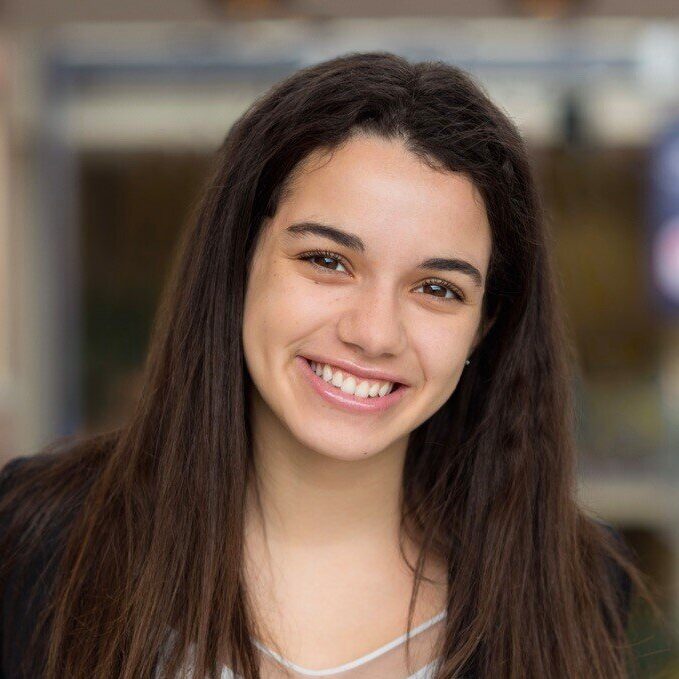Musical Theatre Training on Zoom? SLC’s Chad McNamara says yes!

This is the second of a three part series on Kingston (and surrounding areas) Theatre during the COVID-19 pandemic. Click here to view the first piece on Kirsi Hunnakko, and follow the Kingston Theatre Alliance on Facebook to receive updates as we continue the series.
Chad McNamara, an accomplished Canadian triple threat performer, has a unique role with St Lawrence College’s Musical Theatre program. As Placement Coordinator, he is responsible for bringing in any guest artists outside the SLC faculty. As he describes it, he’s the “liaison between the artistic team and the school.”
For the second piece in the Kingston Theatre during the COVID-19 pandemic, I had the privilege of interviewing McNamara. Chad recently finished two exciting virtual productions at SLC: The Drowsy Chaperone, a well-known Canadian musical that got its start at the 1998 Toronto Fringe Festival and Manifest, a devised theatre piece. For Drowsy Chaperone, it was originally assumed that all rehearsals would take place virtually. While this primarily was the case, as the semester continued, McNamara was granted access to have small rehearsals with two students at a time, while wearing masks, of course. He found that some aspects of Drowsy were seamless virtually such as the auditions which McNamara felt ran exceptionally smoothly. Since a slew of students decided to return to Brockville for the virtual semester, many of the students lived together, creating bubbles that were ideal for rehearsals. He noted this during the casting process, aware that if students could safely rehearse together within their bubbles, it would make virtual rehearsals a lot easier.
They were extraordinarily innovative as a result. A videographer who had previously filmed for Stratford filmed a music video style promo for Drowsy. Unlike a traditional in-person rehearsal, where all cast members are consistently kept busy, virtual rehearsals do unfortunately create an environment where non-lead cast members are often idle. As a result, McNamara implemented the solution of having cast members with smaller roles take on creative team positions, such as Assistant Director.
In discussing ways that SLC Musical Theatre has responded to the virtual learning environment, McNamara also brought up their other fall production, Manifest. While Manifest was partially devised before COVID-19, they ended up re-deivising the piece during COVID-19 in order to fit Manifest within the context of COVID-19. As a result, Manifest was completely written, composed and choreographed by SLC Musical Theatre Students, and the production itself was recently reviewed by Steph Fung for KTA (will link to her review once published). He also proceeded to mention the calibre of masterclasses has been enhanced virtually as they can virtually secure guest artists from New York that otherwise would have been unavailable.
In McNamara’s own classes at SLC, he came up with the idea of Mini Movie Musicals as an assignment. In one extraordinary instance of the project, one student shot her portion in Guelph while the other was in Milton. The video was edited to look as if the students were sitting side-by-side in a car. The video was a huge success with over 5,000 views on YouTube and both students wound up seeking representation in Toronto as a result (trying to find the video link to hyperlink in).
Alongside similar surprising benefits of a virtual learning environment for theatre, McNamara mentioned how theatre educators are uniting more than ever. Whether it’s Randolph or Sheridan or St Clair, he’s been regularly in contact with a slew of instructors there on navigating the digital learning environment. As McNamara mentions, the act of consulting with other faculty members at other colleges is “sadly something we haven’t done before.”
Despite the optimism that McNamara and SLC displayed, Chad proceeded to discuss some of the downsides of a virtual learning environment. I then asked for these inevitable slew of disadvantages, and if he or SLC has implemented any solutions. He mentioned how he’s made a more conscious effort to check in on students, specifically first years who might be living away from home for the first time. He’s started to offer Google Hangouts for his students just so he can create that lost sense of community. He even joked how after Opening Night of Drowsy, they had a Cast Party over Zoom. Even something as trivial as a virtual party helps attempt to replicate the community and celebratory aspect of theatre.
I then asked McNamara about managing long-term effects and consequences of virtual theatre school, since SLC will have to endure one more semester virtually, at the minimum. McNamara stated that they’re already completely changed their season for next semester as a result. They chose original shows by Canadian playwrights where the plays are all situated during the COVID-19 pandemic. SLC is also planning to double cast next semester’s shows to ensure more students get a chance in the (virtual) spotlight. He also hopes that more students choose to come to Brockville for next semester. He mentioned that being situated near the physical campus, even if learning is virtual helps establish community better. As well, since he is allowed to switch out the 2 students that he could rehearse with every two weeks, the incentive of an in-person rehearsal should serve as a strong motivation to return to Brockville.
Since SLC swapped its upcoming season of Cabaret and Chicago (both Fosse) for two smaller, original productions, I asked McNamara if he finds that he’s attracted to smaller productions due to the reality that they’re virtual. The notion of theatre companies turning to smaller productions during COVID-19 is a consistent reality that I’ve commented on with previous Kingston productions such as The Meeting and The Last 5 Years. McNamara noticed that in addition to obviously being attracted to smaller productions, it served as an opportunity to find stories that were representative of the myriad of identities that students might claim. Whether it was tackling racism, or diverse gender identities, he ensured that both productions were socially relevant for 2020. He also hopes to do a Virtual Cabaret sometime in April. He noted that with the virtual productions that have already premiered, they often would have more viewers than if it were to be an in-person production. This is because virtual productions are incredibly accessible to audiences globally, and a cabaret serves as the perfect form of escapism during COVID-19, making them increasingly popular.
As a whole, it was an absolute pleasure to speak to McNamara as it was so refreshing to hear that despite the upheaval that COVID-19 has had on theatre, SLC continues to find unique ways to innovate. I eagerly anticipate their Winter Season of shows, and look forward to observing how SLC continues to enhance its Musical Theatre program, even if virtually.
